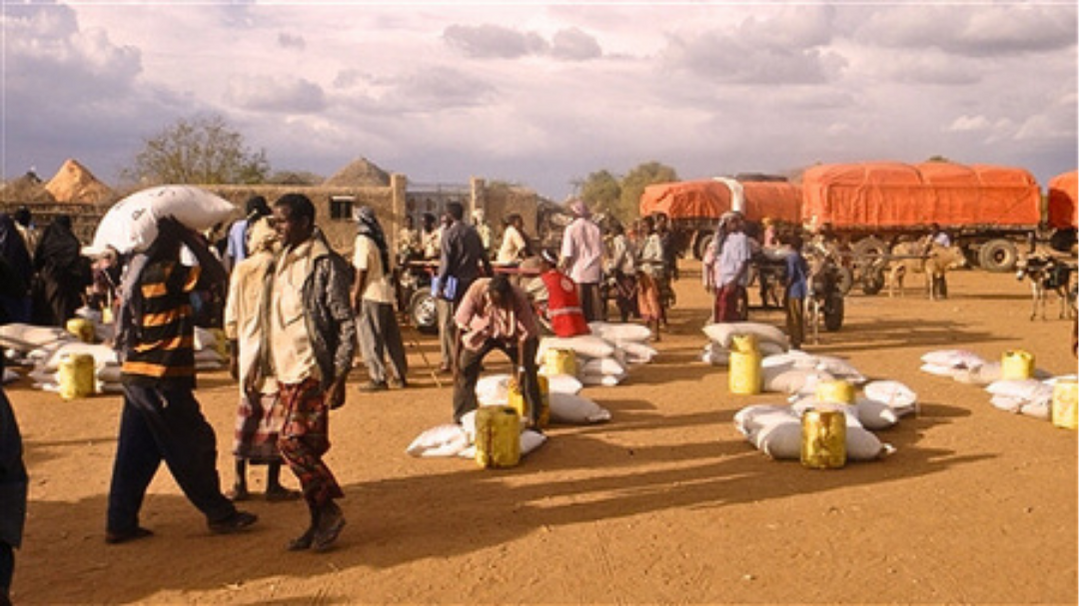UNICEF-funded Integrated Sustainable Livelihoods Project in Kenya Receives Mid-Term Evaluation by IDTC
In the heart of Kenya, a region marked by its diversity and challenges, the Institute of Development and Training Consultants (IDTC) played a pivotal role in evaluating the ongoing impact of the Integrated Sustainable Livelihoods Project. Funded by UNICEF, this project represented a comprehensive effort to uplift communities by fostering sustainable livelihoods, economic empowerment, and resilience. As the project reached its mid-term, IDTC took the lead in conducting a thorough evaluation to assess achievements, challenges, and the trajectory for future success
Background
Kenya, like many nations, faced the complex task of addressing socio-economic disparities and building resilience among vulnerable communities. UNICEF, recognizing the need for a holistic approach, collaborated with IDTC to assess the implementation of the Integrated Sustainable Livelihoods Project. This initiative aimed to create a positive and lasting impact on the lives of individuals and communities by enhancing livelihood opportunities, promoting economic stability, and ensuring sustainable development.
Project Objectives
- Livelihood Diversification: The project prioritized diversifying livelihood options for community members, recognizing the importance of offering alternatives that contributed to economic stability.
- Economic Empowerment of Vulnerable Groups: Special attention was given to empowering vulnerable groups, including women, youth, and persons with disabilities. The project sought to create an inclusive economic environment, providing targeted support to enhance the capabilities and opportunities for these groups.
- Resilience Building: Resilience was a key focus of the project, acknowledging the need to equip communities to withstand shocks and adapt to changing circumstances.
- Entrepreneurship and Employability: Recognizing the transformative potential of entrepreneurship, the project endeavored to support the establishment and growth of small businesses. The goal was to enhance entrepreneurship and employability within the project's target areas.

